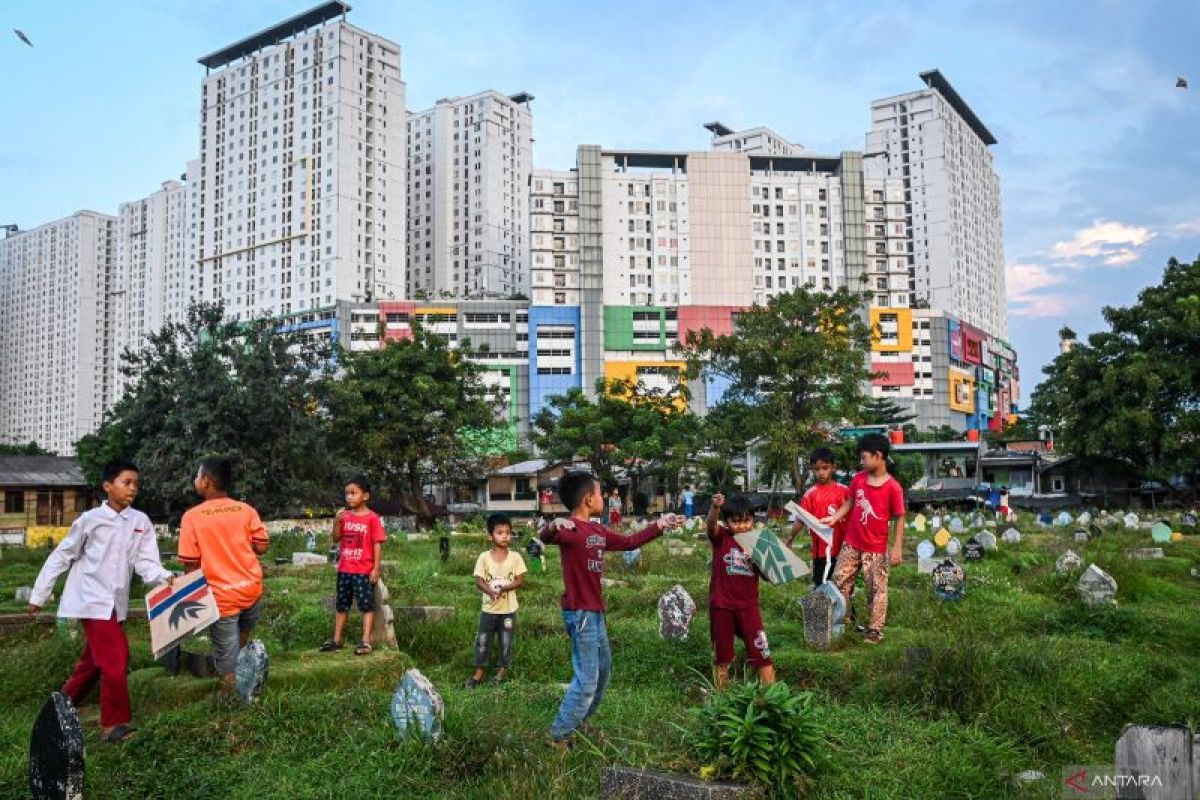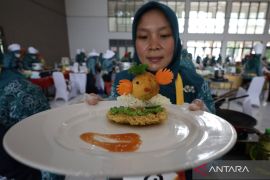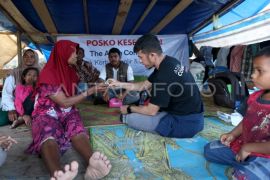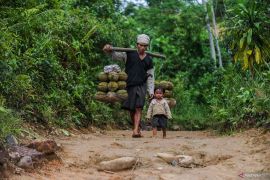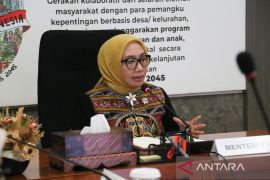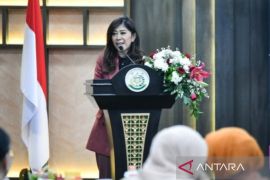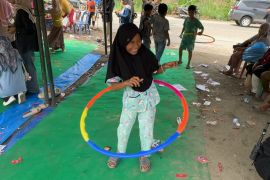Speaking to ANTARA in Jakarta on Tuesday, Novi Poespita Candra, S.Psi., M.Si., Ph.D., a psychologist from Gadjah Mada University, emphasized the importance of teaching children what to do when faced with emergencies, such as a fire outbreak or getting lost.
“It is crucial for children to first learn about the potential risks and benefits of an activity or a place they are going to visit, so they can better mitigate any issues,” she added.
Candra, who teaches at the Faculty of Psychology, Gadjah Mada University, said that until the time they can communicate effectively, children should always be accompanied while playing, whether alone or with friends.
If a child can communicate well, parents must engage them in discussions about what is and is not permitted when playing outdoors, she added.
“Directly introduce potential dangers, accompanied by important discussions,” she suggested.
“For example, if there’s a river near the house, instead of merely forbidding access, it might be better to take them to the river and explain why it’s dangerous to go without supervision. This can also be a new learning experience for them,” she explained.
She advised parents to help children understand the boundaries of where and when they can play, without making them feel overly restricted.
“One effective way to achieve this is to encourage children to learn from books, videos, or stories from experienced individuals, then introduce these concepts and consistently discuss them,” she said.
Related news: Indonesia declares emergency over sexual violence against women
Related news: Bengkulu activates emergency response after 6.3M quake
Translator: Sri Dewi Larasati, Aditya Eko Sigit Wicaksono
Editor: Azis Kurmala
Copyright © ANTARA 2025
